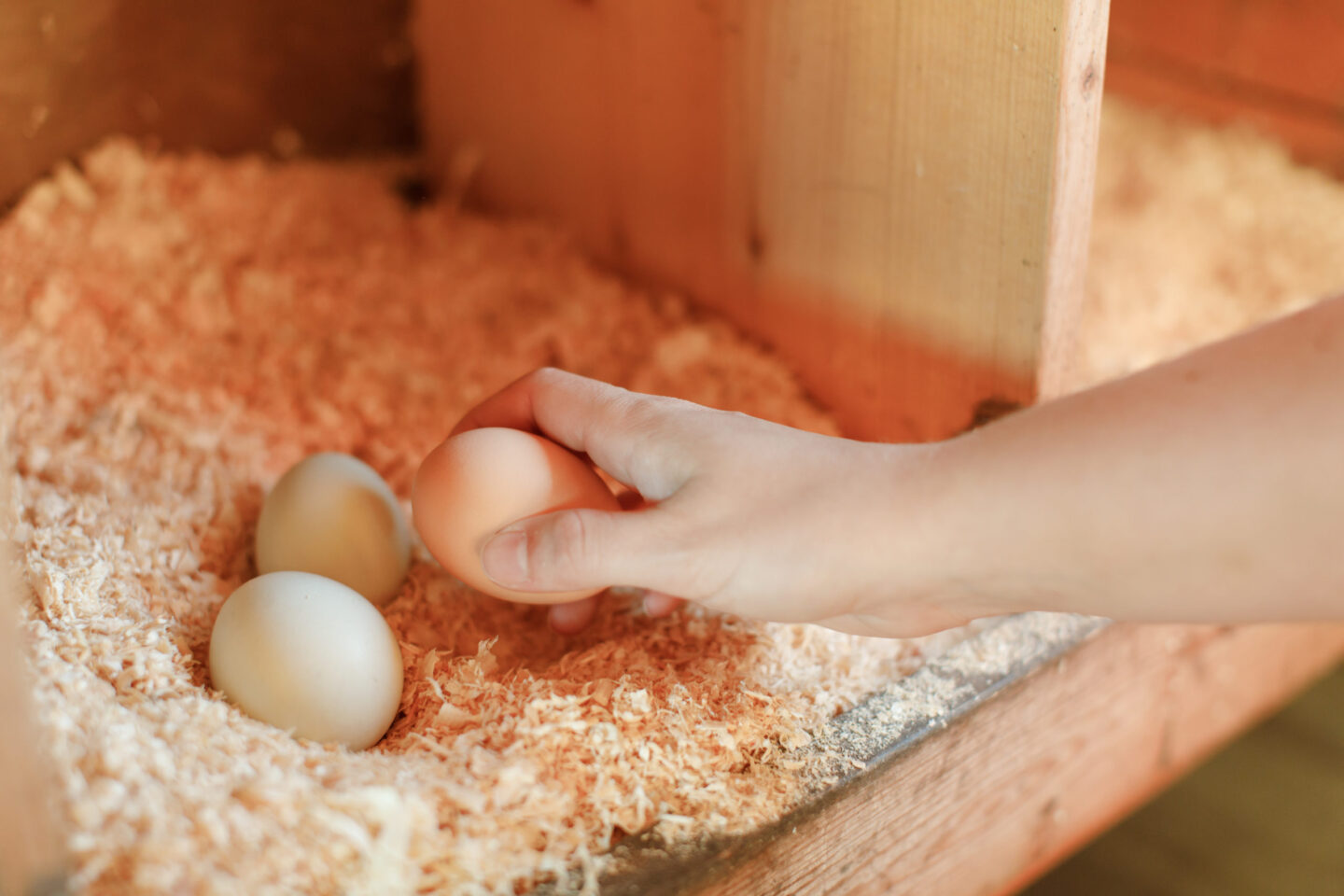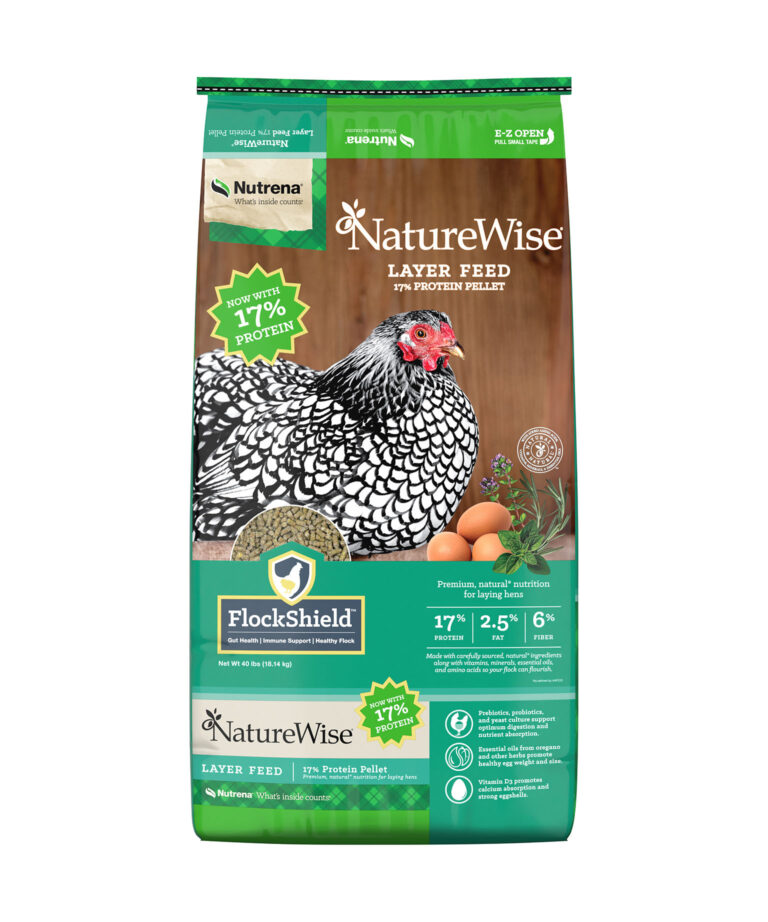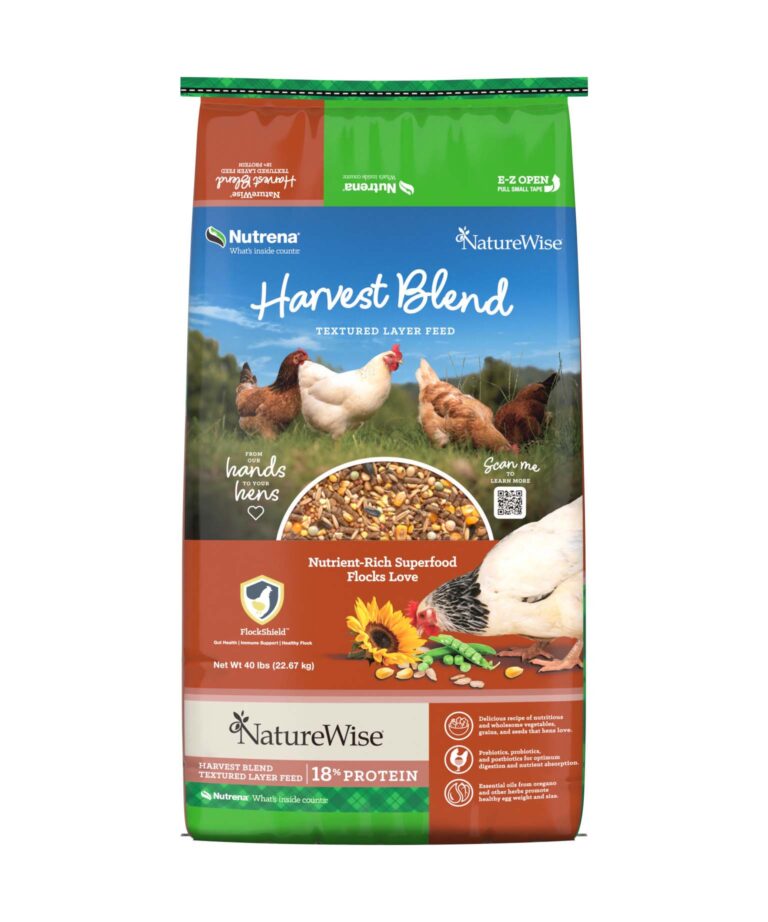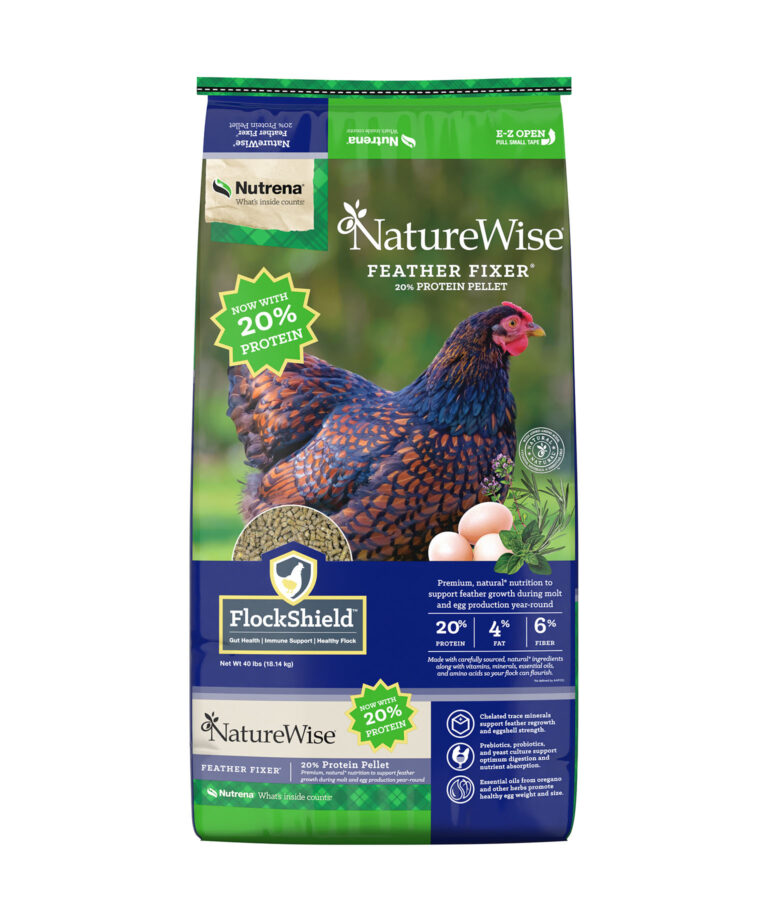Eggscellent Layers!

You love getting tasty eggs from your hens, so how can you keep them healthy, happy, and laying? There are a number of factors that can influence how many eggs a hen lays in her lifetime.
Breed
The breed you choose is related to the number of eggs you can expect per bird. Certain breeds or hybrid strains can produce large numbers of eggs.
- Heritage, dual-purpose breeds, including Orpingtons, Plymouth Rocks, Australorps, and Wyandottes, are bred for both meat and eggs. They produce a good number of eggs over their lifetimes.
- Hybrids offer high-powered laying ability because they are crosses between two pure breeds that are good layers. They include ISA Browns, Red Stars, Gold Stars, and Amberlinks.
- Henderson’s Breed Chart online provides more information on chicken breeds and their laying abilities.
Diet
Did you know that egg quality is closely linked to diet? Many people assume that brown eggs are healthier than white eggs, but shell color makes no difference in the quality of the egg. Your birds’ diet influences the content of their eggs.
- Free ranging helps your birds produce eggs with better nutritional content, including higher levels of vitamins A, D, and E; omega-3 fatty acids; and deep orange-yellow yolks from beta carotene. They also get activity while looking for bugs, worms, and other tasty goodies!
- A good commercial diet should provide a large majority of what your birds eat. A good layer ration should support egg-laying and supply essential nutrients that are not easy to find in nature. These nutrients include carbohydrates, fats, minerals, and vitamins, as well as amino acids.
- Extra ingredients that benefit your hens include enzymes, probiotics, essential oils, and yeast culture. These additives help keep your birds’ digestive tracts healthy, support healthy growth, and benefit the immune system. You can find these ingredients in our Nutrena Naturewise feeds.
Water
Eggs are 75 percent water, so having a clean, fresh source available to your birds at all times will help keep them happy, healthy, and laying.
- Clean waterers to prevent disease. This is a necessity, especially in summer, to prevent the growth of toxic blue-green algae and other harmful microorganisms.
- Prevent freezing in winter. Cold weather and shorter days provide enough of a challenge for your ladies.
Stressors
Your birds should have a stress-free environment to lay their best! Stress can cause hens to stop laying until the source is removed.
- Know their stressors. Some common stressors include extreme temperatures, a move to a new coop, change in feed, the presence of predators, new flock members, or construction projects.
- Stick to a routine! Any changes are stressors. Chickens like daily routines, which are dictated by the time of day. It’s best to let them out at dawn and close them in at dusk.
- Make changes gradually, like switching to a new diet or moving your birds to a new coop.
Give your birds their best lives so they give you great eggs and make NatureWise layer feeds part of your flock’s diet!



